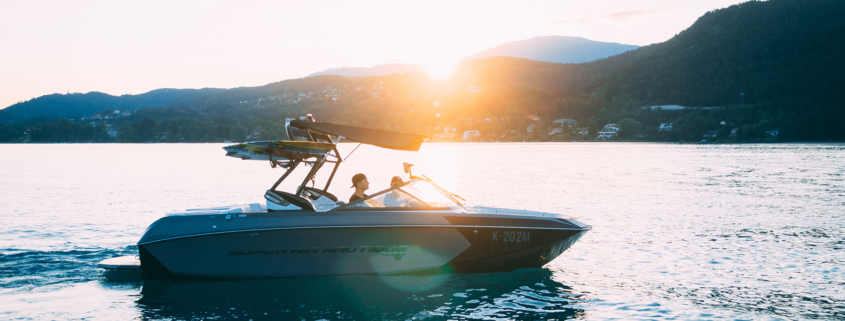Boat Insurance in BC – What You Need to Know
Helping you navigate our beautiful waters this summer: a comprehensive guide to Boat insurance in BC
When it comes to protecting your valuable assets, few things are as important as having the right insurance coverage. Whether you’re a proud boat owner or considering purchasing a vessel in beautiful British Columbia, understanding boat insurance is crucial.
Know as much as possible! We want to provide you with the essentials of boat insurance in BC, arming you with all the information you need to make informed decisions about protecting your maritime investment.
-
The importance of boat insurance:
Boating in BC comes with its own set of risks. These include damage from accidents, theft, natural disasters, and liability for bodily injury or property damage. Boat insurance helps to mitigate these risks and provides vital financial protection.
While BC law does not mandate boat insurance, most marinas and lending institutions require it. Moreover, having boat insurance ensures that you’re prepared for any unforeseen circumstances. Coverage provides you peace of mind while you’re out on the water.
The statistics about boating in BC highlight the importance of having boat insurance. Some relevant numbers:
- Data from Transport Canada reveals that between 2015 and 2019, there were an average of 150 reported boating accidents each year in BC.
- The most common types of boating accidents in BC include collisions with other vessels, grounding or striking objects, and capsizing or swamping.
- The Canadian Red Cross reported that BC had the highest number of boating-related fatalities among all provinces in Canada from 2009 to 2018.
- According to the BC Coroners Service, there were 84 boating-related deaths in BC between 2010 and 2019.
- In 2019 alone, there were 12 fatal boating accidents in BC, resulting in 15 deaths.
- The BC Ministry of Transportation and Infrastructure states that alcohol consumption is a significant factor in boating accidents, contributing to 40% of all fatal incidents.
These statistics emphasize the potential risks and dangers associated with boating in our province. When you have boat insurance, however, you have financial protection. You have vital coverage in the event of accidents, property damage, or liability claims. The result is peace of mind for boat owners and their families.
-
Types of boat insurance in BC:
a) Property coverage: This type of coverage protects your boat against physical damage. Whether the cause is an accident, theft, vandalism, fire, or natural disaster, you’re covered. This insurance typically covers repairs or replacement costs for your boat, its motor, equipment, and accessories.
b) Liability coverage: Liability insurance is crucial. It protects you in case you cause an accident that results in bodily injury or property damage to others. It covers legal fees, medical expenses, and property repairs or replacements.
c) Uninsured/underinsured boater coverage: This coverage protects you if you’re involved in an accident with a boater who doesn’t have insurance or whose coverage is insufficient. It helps cover medical expenses and property damage that the at-fault boater should have paid for.
d) Medical payments coverage: This coverage helps pay for medical expenses resulting from an accident, regardless of fault. It can cover expenses such as hospital bills, ambulance fees, and necessary follow-up treatments.
-
Factors influencing boat insurance premiums:
a) Boat type and value: The type of boat you own and its value are significant factors in determining your insurance premium. Generally, high-value boats or boats with high-performance capabilities may have higher premiums.
b) Boating experience: Insurance companies often consider the boating experience of the owner. More experience typically results in lower premiums.
c) Usage and navigation area: The way you use your boat and the geographic area where you navigate play a role in determining premiums. Factors such as distance from shore, intended use (pleasure, commercial, racing), and navigation in challenging waters can affect insurance costs.
d) Safety features and equipment: Boats equipped with safety features such as fire extinguishers, navigational equipment, and anti-theft systems may qualify for lower premiums.
-
Additional considerations:
a) Deductibles: A deductible is the amount you must pay out of pocket before your insurance coverage kicks in. Higher deductibles may result in lower premiums, but it’s important to choose a deductible that you can comfortably afford in the event of a claim.
b) Agreed value vs. actual cash value: When insuring your boat, you can choose between an agreed value or actual cash value policy. An agreed value policy covers the boat for an agreed-upon amount, whereas an actual cash value policy factors in depreciation, resulting in a lower payout in case of a claim.
c) Discounts: Many insurance companies offer discounts for various reasons. These include bundling policies, completing boating safety courses, or having a claims-free history. It’s worth exploring these options to potentially lower your premiums.



